Spotlight on LGBTQ Staff
In honor of Pride Month, some of our FoodCorps staffers share how their identities inform and impact the work that they do.
In honor of Pride Month, some of our FoodCorps staffers share how their identities inform and impact the work that they do.
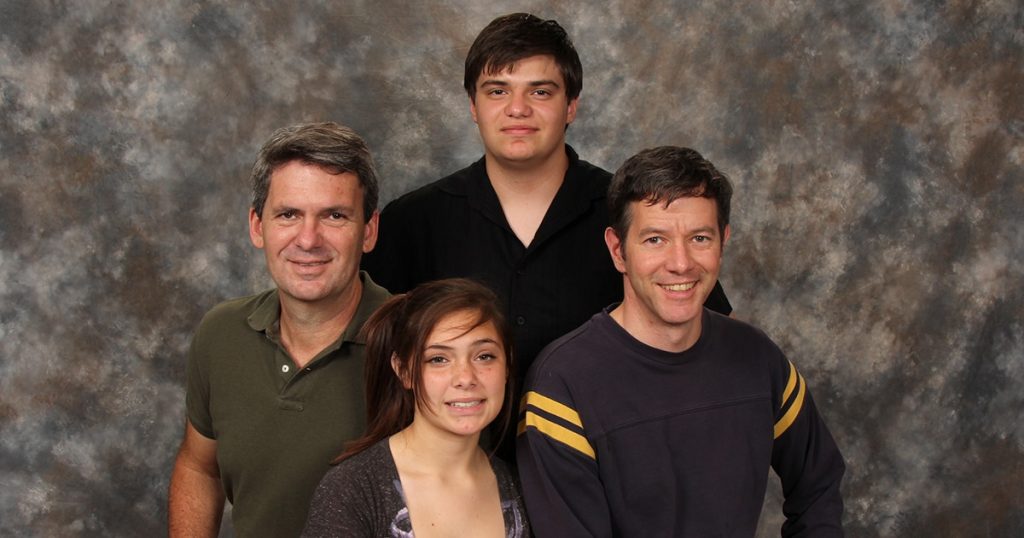
In honor of Pride Month, some of our FoodCorps staffers share how their identities inform and impact the work that they do.

It’s likely that I would have eventually ended up in the nonprofit sector regardless, but the reason I entered the field when I did was because of my desire to contribute to the movement for LGBTQ equality. I spent much of my undergraduate and graduate years studying the history of race and racial injustice in this country and I became frustrated by how easy it was for some people to ignore the contemporary and historical existence of black LGBTQ people. When opponents of marriage equality said things like, “gay people never had to sit in the back of the bus,” it completely ignored the leadership of LGBTQ African-Americans who had fought for civil rights. People like Bayard Rustin, who was practically the architect of the 1963 March on Washington, James Baldwin, one of the leading social critics and public intellectuals on race during the 1960s, and Pauli Murray, who was arrested for protesting bus segregation in Virginia and passed as a man to the arresting officers! I thought that the most direct way to begin challenge the invisibility of queer black people from political discourse was to get involved myself, which is how I ended up with my first nonprofit job with the American Civil Liberties Union of Alaska and my second with Pride Foundation. Though I have moved away from LGBTQ-centered work, I will always be grateful for the opportunity to have jobs that allowed me to contribute daily to the advancement of equality in very direct and tangible ways and to enter the sector working for two organizations where it felt safe to bring my full queer black self to the table….most days.

At the time I grew up in the 70s and 80s, being openly gay could be very very limiting to the opportunities people had in their professional lives. To this day, I believe this informs my passion for working with people to develop their careers, their leadership potential and their personal passions to the fullest. I don’t believe society should place limits on what people do because of identities they hold, and even more importantly, I want to ensure that individuals don’t place limits on themselves.

When I was at a bisexual organizing meeting bemoaning yet another failure of GENDA and the accompanying failure of some local groups to prioritize the issue, a bisexual trans woman nodded and said, “You have to make sure they include you from the beginning. It’s like Rambo; when they say they’re leaving and they’ll come back for you next time, they’re not coming back!”
Ensuring the spaces I occupy and organizations I participate in are inclusive has long been a focus of mine, but I greatly appreciated the Rambo reference along with the validation. If my experiences as a Black bisexual woman lucky enough to have had the privilege of organizing alongside trans and disabled economic justice activists have taught me anything, it’s that there is no excuse for not making a seat for everyone at the table. And we must never forget our collective power and ability to create change is so much greater than what any one of us could accomplish on our own.
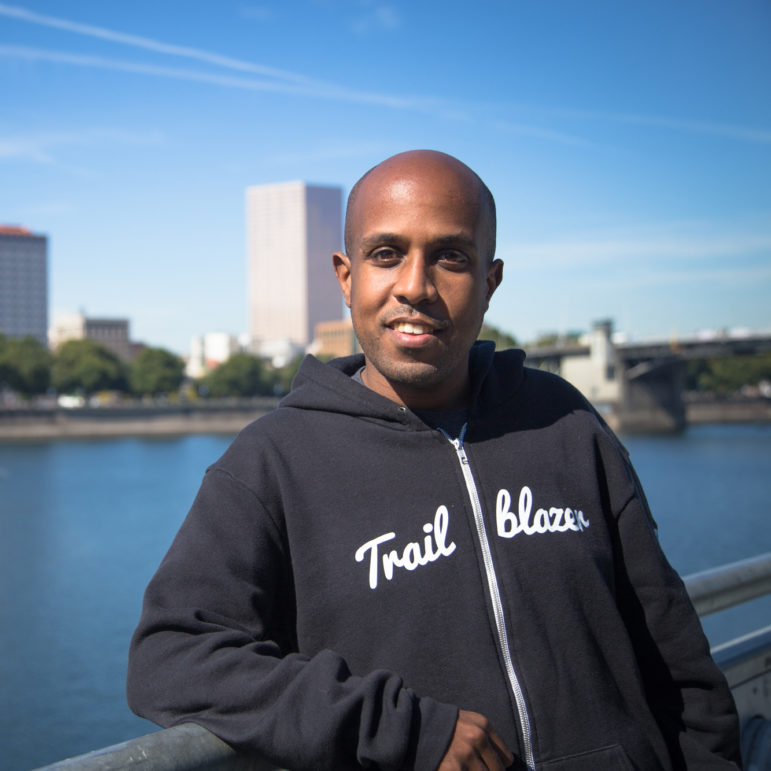
Habesha. Become a better listener, communicator, ally and friend, make our world a little less lonelier. Strength in numbers.
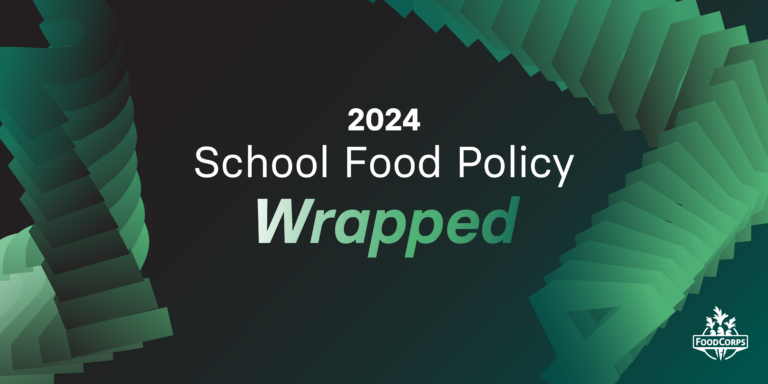
Our 2024 Child Nutrition Policy Year in Review
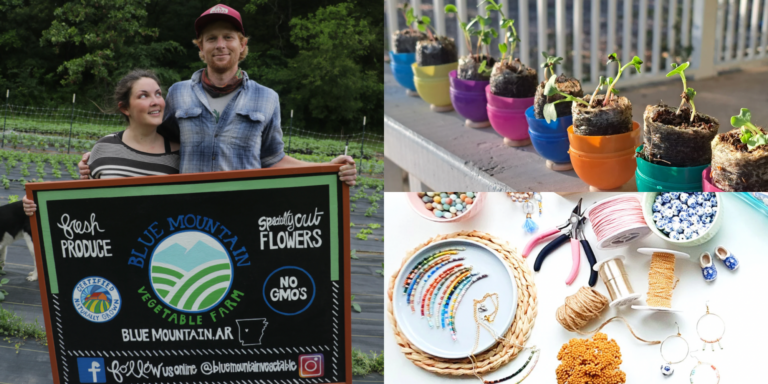
9 Thoughtful Holiday Gifts Made by FoodCorps Alumni
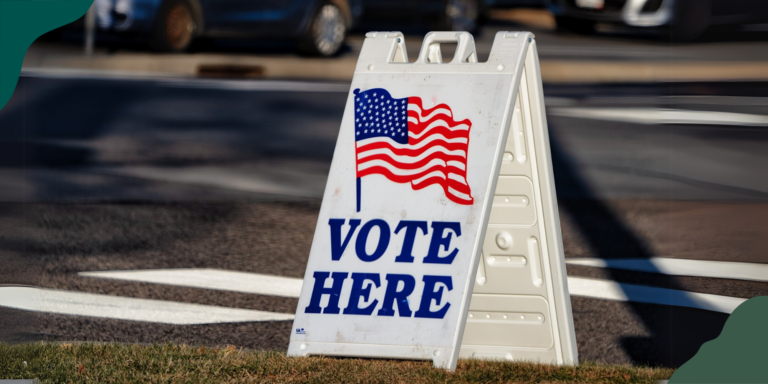
The Policy Brief, Fall 2024: After the Election